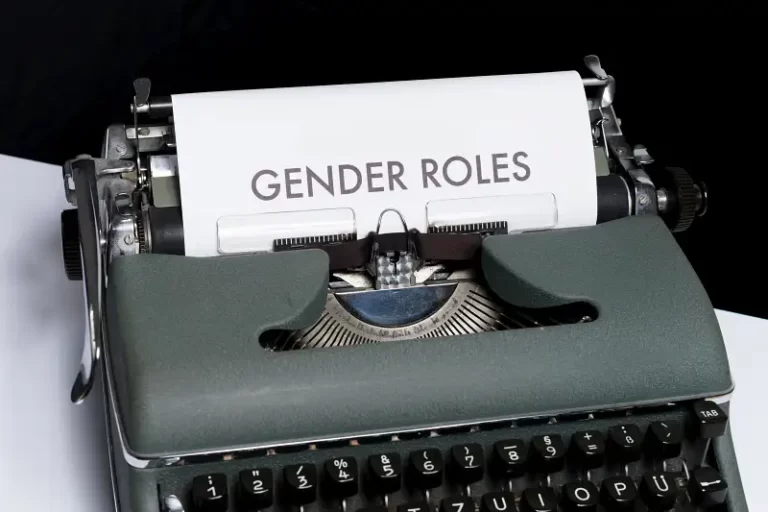Learn about the influence of feminism on the Sex Discrimination Act 1975, a landmark legislation that aimed to promote gender equality and challenge discriminatory practices. Discover the key provisions of the act, such as equal pay, employment opportunities, pregnancy and maternity rights, and education and provision of services. Understand the impact and legacy of the act in advancing gender equality and empowering women to challenge systemic inequalities. Explore the role of feminist activism in shaping this significant milestone in the fight for a more inclusive and equitable society.











